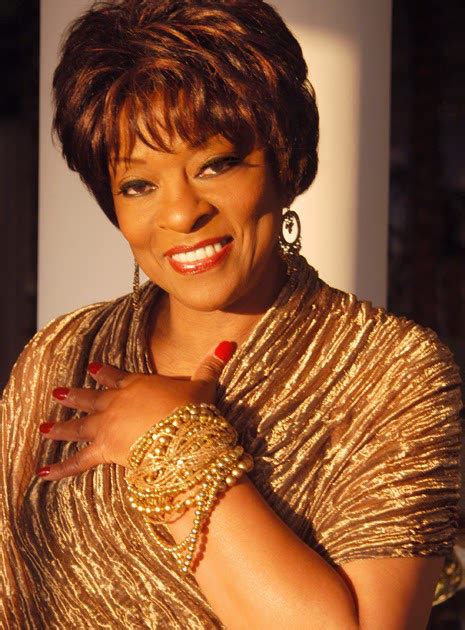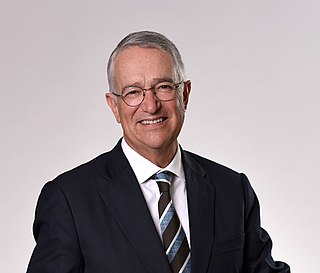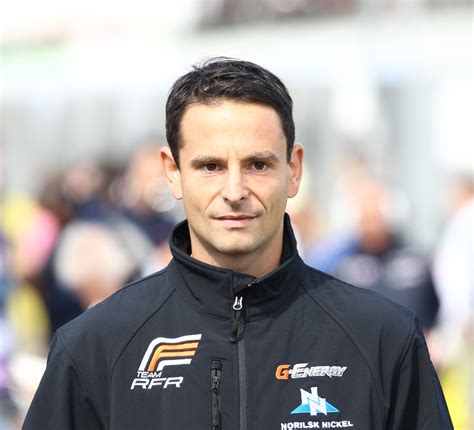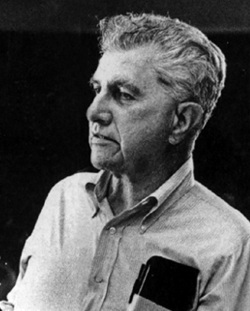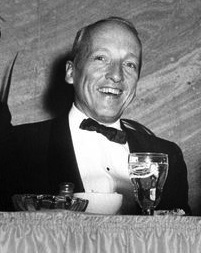A Quote by Margaret Cuomo
I am a board member and the volunteer director of medical and scientific content for Less Cancer.
Related Quotes
The development of a strategic plan for cancer prevention in medical schools that is supported by all stakeholders - including the medical community, government, the insurance industry, cancer advocacy groups and all those dedicated to cancer prevention - will be the key to inspiring patients to live lifestyles that will decrease cancer risk.
Amazingly, 85 percent of prescribed standard medical treatments across the board lack scientific validation, according to the New York Times. Richard Smith, editor of the British Medical Journal, suggests that this is partly because only one percent of the articles in medical journals are scientifically sound, and partly because many treatments have never been assessed at all.
A noted cancer specialist in Boston said he believed that if some simple and inexpensive replacement for Chemotherapy for the treatment of cancer were found tomorrow, all US medical schools would teeter on the verge of bankruptcy, so integral a part of their hospital revenues is oncology, the medical specialty of cancer treatment
The field of U.S. cancer care is organized around a medical monopoly that ensures a continuous flow of money to the pharmaceutical companies, medical technology firms, research institutes, and government agencies such as the Food and Drug Administration (FDA) and the National Cancer Institute (NCI) and quasi-public organizations such as the American Cancer Society (ACS).
I am honored to serve on the Board of Visitors for Georgetown University's School of Foreign Service. Being the first board member from Latin America, I hope to provide insight into the economical, social and political issues facing the region, and continue to grow and strengthen this prestigious institution.
I am very proud to be a part of the Livestrong Foundation. I am maybe only a member but I give everything I can to be sure that people understand that cancer is a disease for everybody - not only in France, in Europe, in Asia, it is all over the world. We must fight together, we must make something to fight the cancer, we must Livestrong.
As a physician I have sympathy for patients suffering from pain and other medical conditions. Although I understand many believe marijuana is the most effective drug in combating their medical ailments, I would caution against this assumption due to the lack of consistent, repeatable scientific data available to prove marijuana's benefits. Based on current evidence, I believe that marijuana is a dangerous drug and that there are less dangerous medicines offering the same relief from pain and other medical symptoms.
The role and weight to be accorded medical testimony in Administrative hearings before the Post Office Department was established....These decisions enunciate a rule that informed medical consensus and the 'universality of scientific belief' may be established through the testimony of a (one, single - Ed.) medical doctor.





